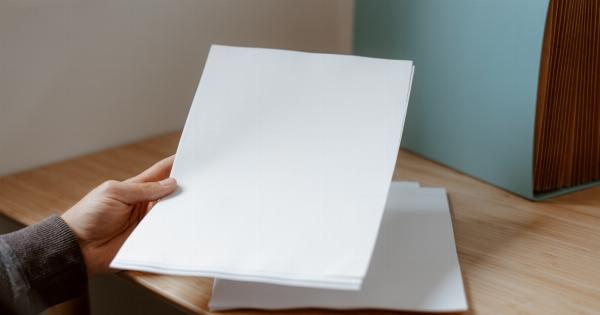Sleep is important for both physical and mental wellbeing. It is recommended that adults get seven to eight hours of sleep each night to feel well-rested and alert during the day.
However, many people struggle with sleep and may find it difficult to fall or stay asleep. Establishing good sleep habits, also known as sleep hygiene, can improve the quality of your sleep and help you wake up feeling refreshed. Here are 10 habits for a restful sleep.
1. Stick to a consistent sleep schedule
Going to bed and waking up at the same time every day, including on weekends, can help regulate your body’s internal clock. This allows for more restful and consistent sleep.
Aim to establish a regular sleep schedule and stick to it as much as possible, even on days off. This can help you fall asleep more easily at night and wake up more easily in the morning.
2. Create a relaxing bedtime routine
A relaxing bedtime routine can help signal to your body that it’s time to wind down and prepare for sleep. This routine can include activities such as reading, taking a bath, or practicing relaxation techniques like deep breathing or gentle yoga.
Avoid stimulating activities like watching TV, using electronic devices, or engaging in stressful or mentally stimulating tasks leading up to bedtime.
3. Make your sleep environment comfortable
A comfortable sleep environment can help promote restful sleep. Your bedroom should be cool, dark, and quiet. Consider investing in blackout curtains, earplugs, or a white noise machine to decrease noise and light disturbances.
Evaluate your mattress and pillows – are they comfortable and supportive? Adjusting these factors can greatly improve the quality of your sleep.
4. Limit caffeine and alcohol intake
Caffeine is a stimulant that can keep you awake and alert, sometimes for hours after consumption. Avoid consuming caffeine late in the day and limit your overall intake. Similarly, alcohol can disrupt sleep, leading to fragmented and restless sleep.
While alcohol may make you feel drowsy initially, it can cause frequent awakenings throughout the night and impact the overall restfulness of your sleep.
5. Exercise regularly
Regular exercise can improve the quality of your sleep, helping you fall asleep faster and stay asleep longer. Aim to exercise for at least 30 minutes most days of the week.
However, avoid exercising too close to bedtime, as this can leave you feeling wired and make it harder to fall asleep.
6. Practice stress-reducing techniques
Stress and anxiety can interfere with sleep, making it difficult to fall or stay asleep. Practice stress-reducing techniques such as meditation, journaling or mindfulness to help manage stress and quiet your mind before bedtime.
If you find yourself worrying a lot at bedtime, consider scheduling “worry time” earlier in the day to address these concerns.
7. Avoid large meals close to bedtime
Eating a large meal close to bedtime can make it difficult to fall asleep, as your body is busy digesting the food. Additionally, spicy or acidic foods can cause heartburn or indigestion, further interfering with sleep.
Aim to eat your last meal at least a few hours before bedtime to allow your body time to digest.
8. Limit screen time
The blue light emitted by screens on electronic devices can interfere with your body’s production of the sleep hormone, melatonin. This can make it harder to fall asleep and result in poorer quality sleep overall.
Avoid using electronic devices, such as smartphones, tablets, and laptops, in the bedroom or at least one hour before bedtime. Consider reading a physical book or magazine to wind down instead.
9. Create a comfortable sleep surface
The surface you sleep on can greatly affect the quality of your sleep. A bed that is too hard or too soft can cause discomfort, as can an old or outdated mattress. Invest in a comfortable mattress and pillows that support your body’s needs.
Replace your mattress every eight to ten years to ensure that it continues to offer optimal support.
10. Seek medical help if necessary
If you’ve tried improving your sleep hygiene and still have trouble sleeping, it may be helpful to seek medical help from a healthcare provider.
They can help identify any underlying medical conditions or sleep disorders that may be impacting your sleep and develop a treatment plan to improve the quality of your sleep.





























